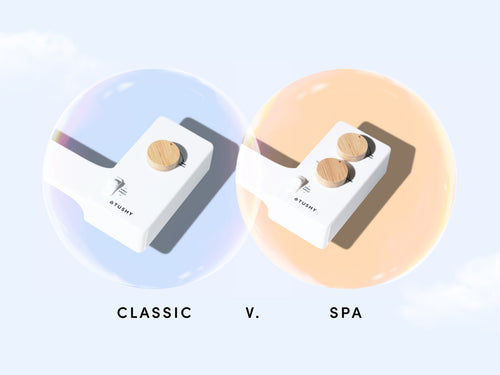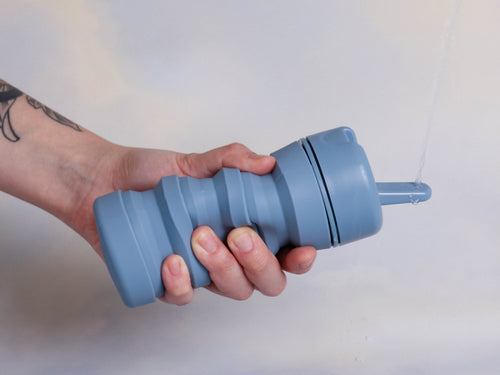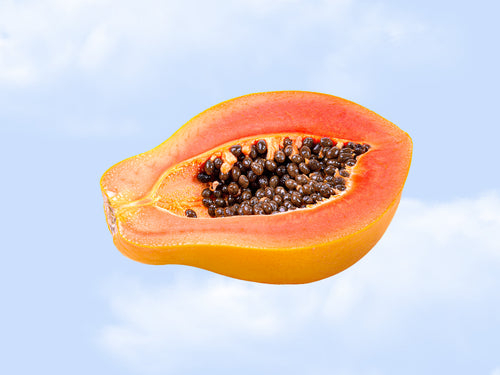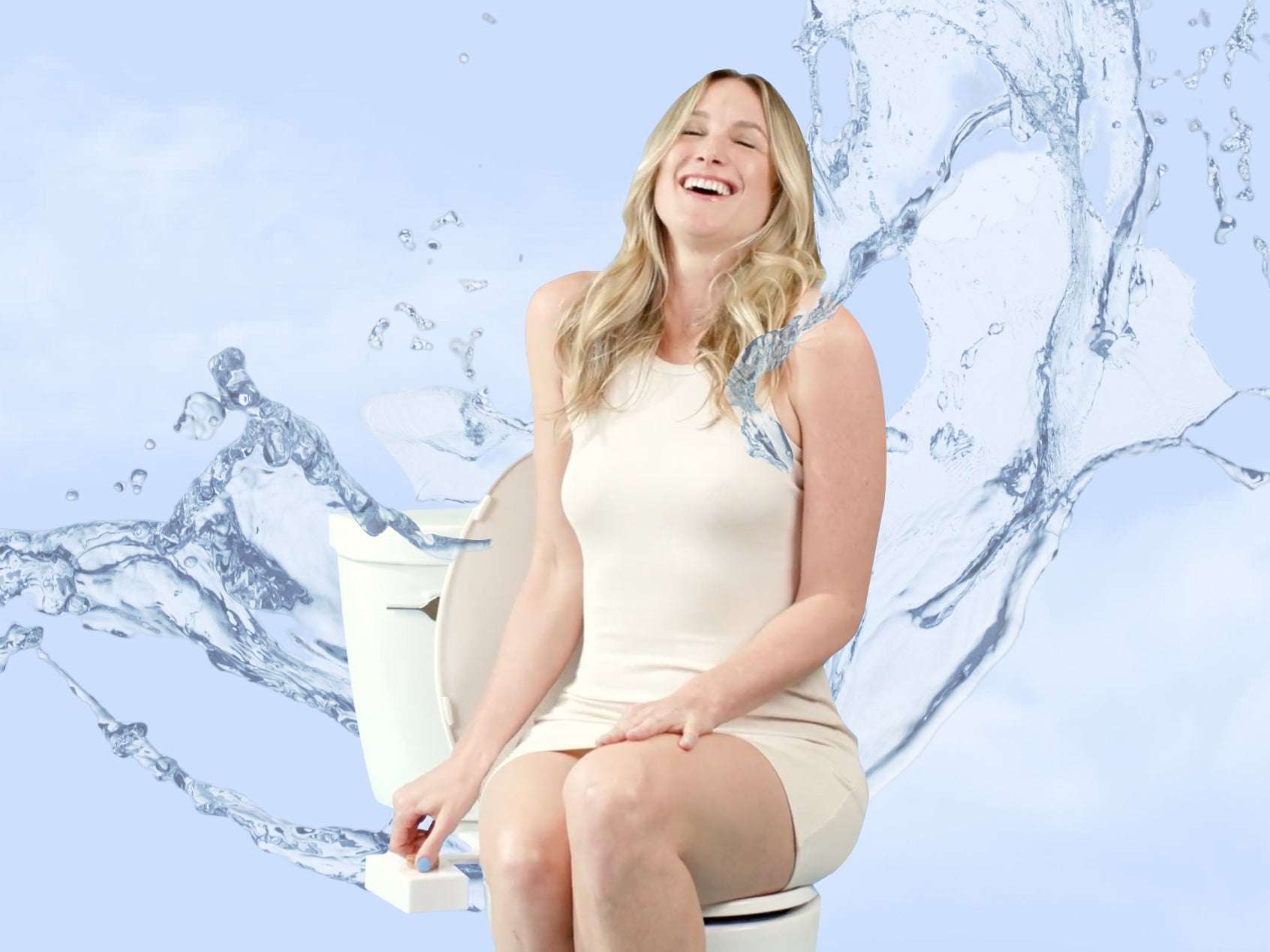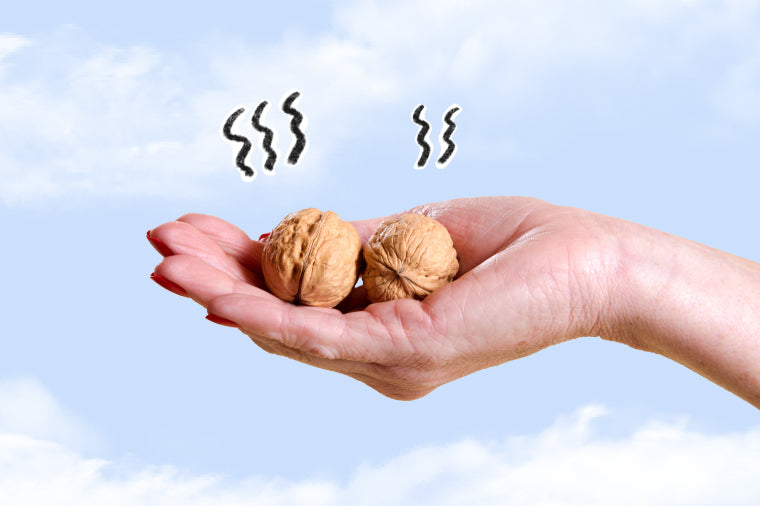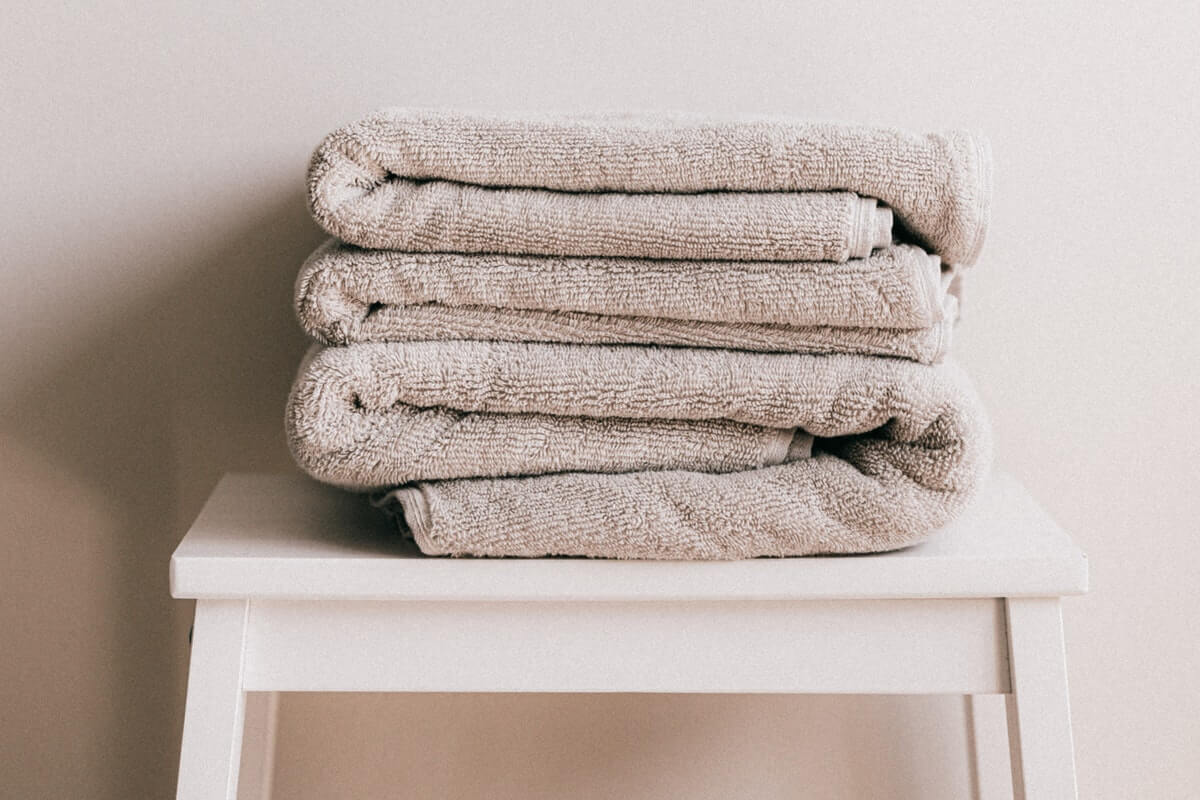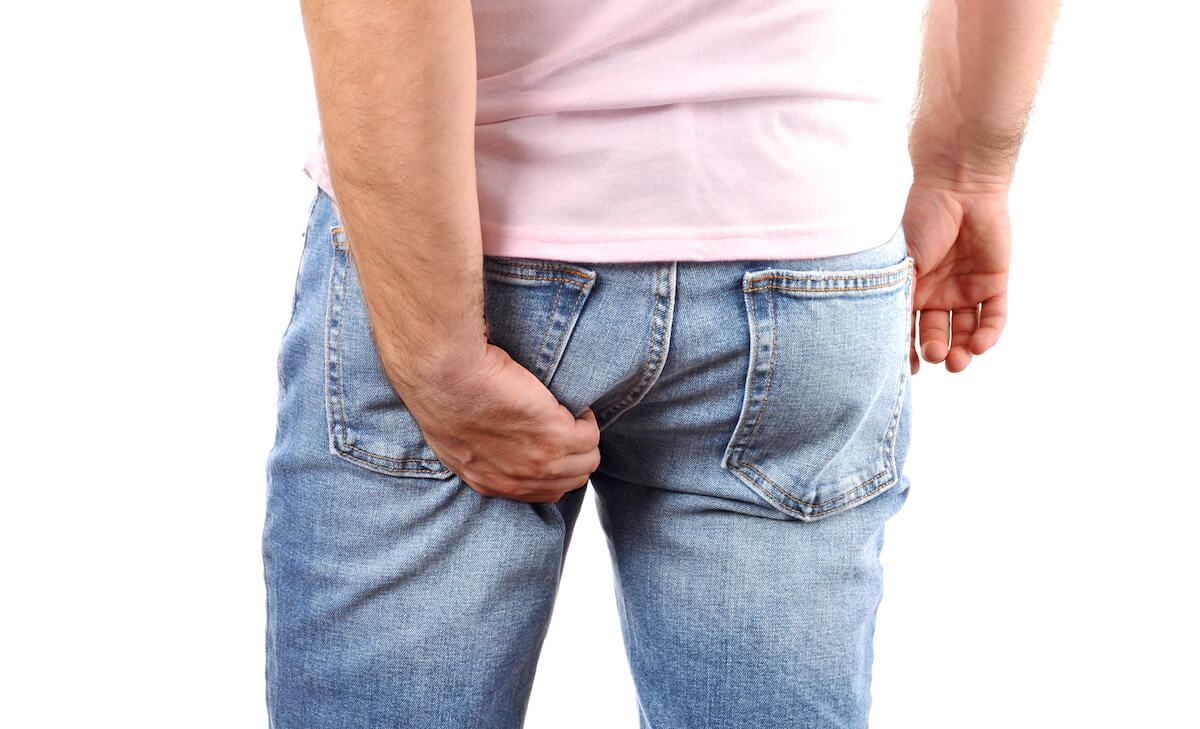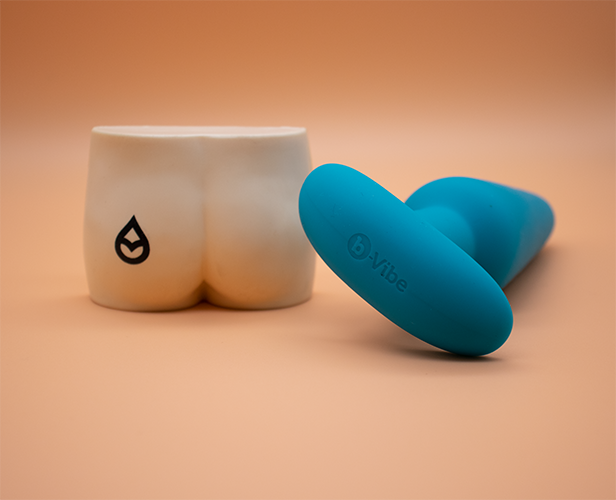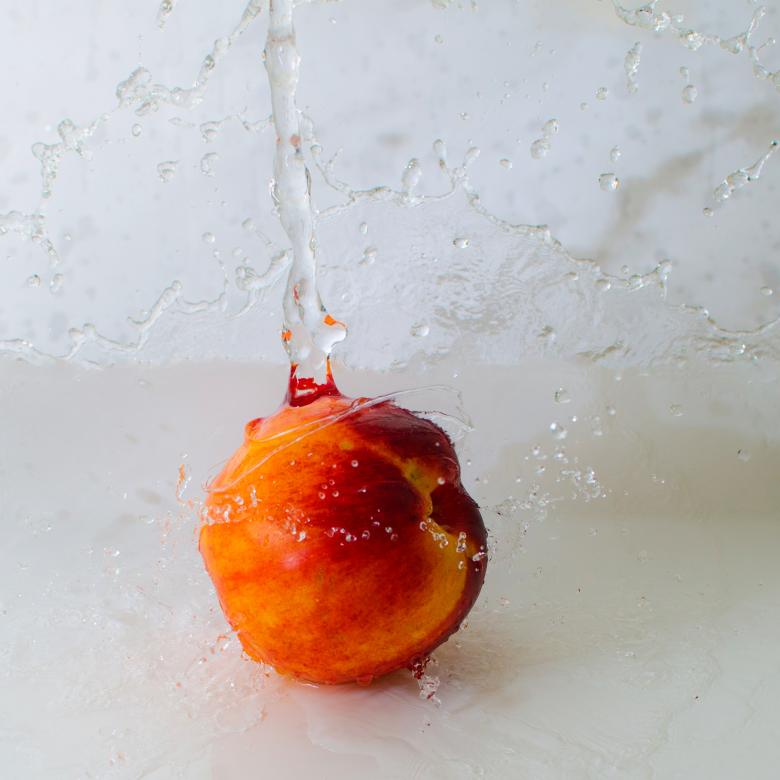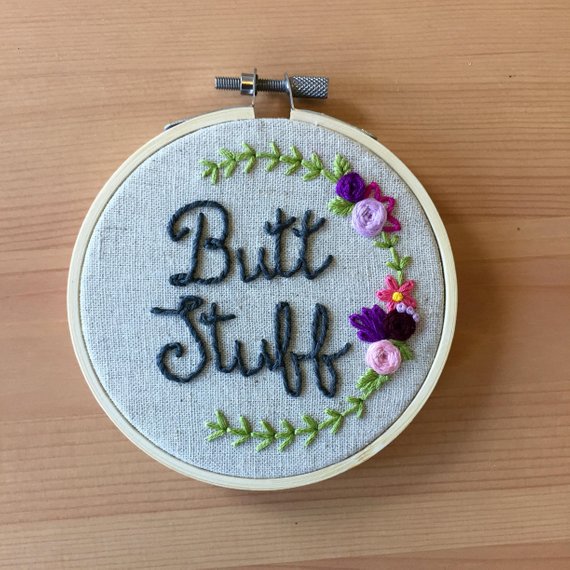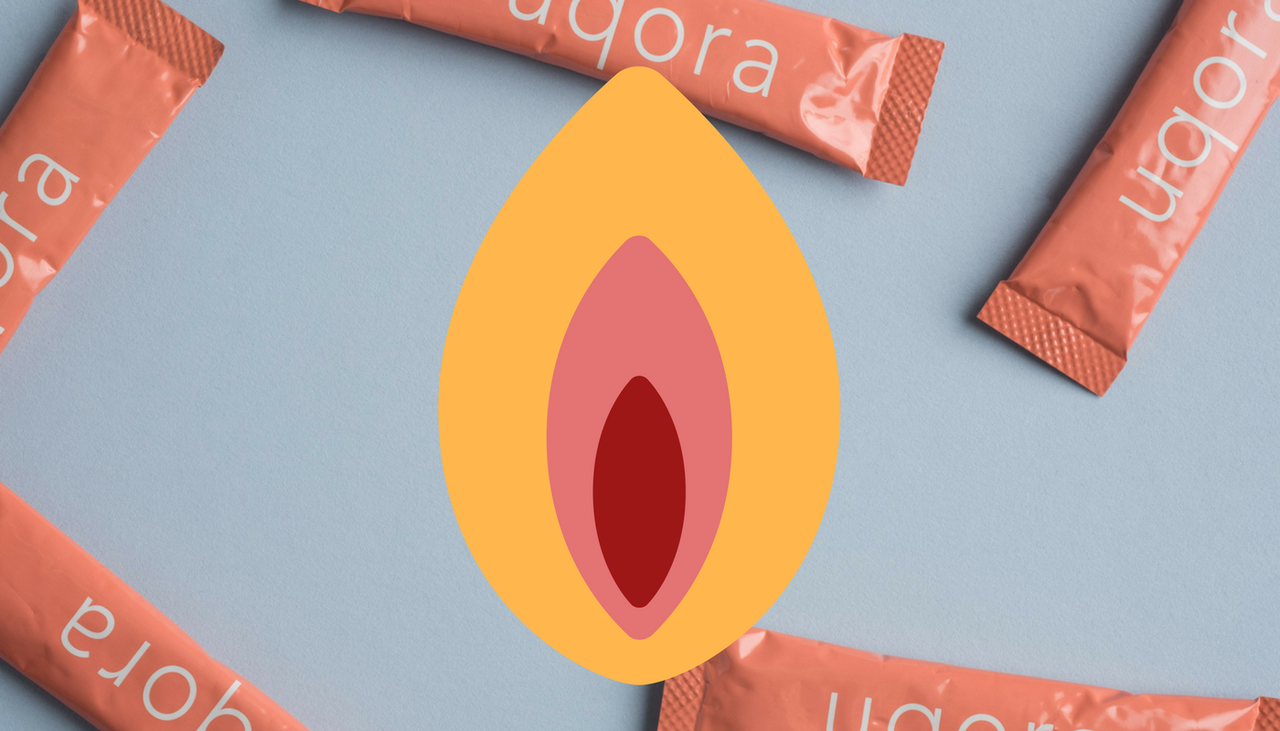Over 50% of America is walking around with a vagina. But a quarter of us don’t know where that vagina is. Before we cover how to wash your vagina, let’s talk anatomy to separate the two Vs that live between our legs.
The Difference Between Your Vagina & Your Vulva
Most of us say vagina when we really mean vulva.
The vagina is strictly internal anatomy
AKA the muscular tube that includes your hymen, cervix, pelvic floor, and everyone’s favorite party guest, the G-spot. When you bone, bleed or breed, thank your vagina!
The vulva refers to your external genitals
AKA the fleshy parts outside of your body. This includes your labia, clitoris, vaginal opening, the opening to your urethra (the hole you pee out of), and technically, yes, even your beautiful butthole!
So why do we say vag when we mean vulva? Possibly because our vagina sees the most action and got the most press in our middle school health class. (Anyone else learn about periods from a Bible Belt gym teacher?)
Pull up a diagram, grab a mirror, and let’s reframe the question to how to clean your vulva. Because spoiler: Your vagina self-cleans.
Do You NEED to Wash Your Vagina?
Not any more than you NEED to wash your kidneys. Vaginas clean themselves better than German appliances. There’s no intervention needed! The gloss in your undies is proof that your self-cleaning goodness is hard at work maintaining the delicate ph of your vag.
Between Big Douche companies marketing floral-scented chemicals and questionable celebrity trends like vag steaming, it’s clear to see why we all think we need to step up our vaginal cleaning. In reality, introducing harmful steam, antibacterial soaps, and irritating chemicals can mess with our vaginal flora and even cause infection. This can summon a strong odor and the kind of itch that can’t be scratched.
Our vaginas want to be left alone so they can maintain their acidic flow. Our vulvas, on the other hand, require daily TLC. Sweat, period blood, sexual secretions, and bathroom bacteria transfer from your underthings and hide out in your secret valleys.
What Should a Healthy Vagina Smell Like?
Everything from sourdough bread to copper to molasses to ammonia. You can’t “wash away” the smell of your vagina, and your signature scent depends on what you’re eating, how much water you’re drinking, and where you’re at in your cycle.
Vaginal odor is normal, even after bathing. Using perfumed soaps and washes that irritate the vagina is what can cause more unnatural odors due to infection.
Emotional stress and sexual infections can result in a more skunky or fishy twang. Know your scent, and talk to a healthcare professional if you notice any sudden changes.
How to Clean Your Vulva the Right Way
-
Dampen a soft cloth or ideally just your hands with warm water.
-
If you use a mild soap, ensure it’s hypoallergenic, fragrance-free, and dermatologically-tested.
-
Spread your labia (outer and inner) and gently wash the area around your vaginal opening.
-
When cleaning around your b-hole, wash front to back to prevent bacteria from spreading from your anus to your vagina.
DO
- Wash once daily to remove foreign bacteria while maintaining pH.
- Use plain water or a fragrance-free soap.
- Rinse the area outside of your vagina.
- Clean yourself with a bidet after pooping to avoid spreading bacteria.
DO NOT
- Over wash or scrub the area.
- Use irritating cleansers like antibacterial soaps.
- Introduce soapy water deep inside your vagina.
- Use abrasive loofahs.
- Douche or use scented deodorant sprays.
Tips For Keeping Your Vagina & Vulva Clean
Wipe Front to Back
There isn’t a lot of geography between your urethra, your vagina, and your b-hole. In city-planning terms, it’d be a little like opening a bakery next-door to a sewage facility.
To avoid spreading bacteria from your feces into your urinary tract, it’s important to wipe front to back when you clean your bottom with toilet paper. Remember that biologically female urethras are shorter and therefore more prone to UTIs.
Be Gentle
You’re not pressure washing a driveway down there. There’s an entire universe of biological wonder inside your vagina that is self-regulating until we introduce harmful soaps and fragrances. Think of your V like native prairie––harsh chemicals mess with the biome.
Simply wash your vulva once a day with warm water alone OR mild soap. Use your hand to gently cleanse or a soft cloth (no abrasive loofahs!).
Live Well and Let It Be
Like any organ, the best thing you can do to keep your vag healthy is to maintain a healthy diet and exercise.
Though it’s tempting to want to fire-hose your privates in summer or during your period, you really don’t need to switch up your routine. If you like the idea of using a feminine hygiene specific wash vs plain water, research brands that gynecologists recommend.
Understanding how to clean your vagina properly is more or less about leaving it be. Let your vagina do its thing!
Try a Bidet
Avoid the risk of cross-contamination altogether by dumping toilet paper and washing with an affordable bidet. Washing instead of wiping keeps your vulva shower-fresh between bathroom visits––without introducing any of the chemicals or microplastics that lurk inside wet wipes.
You can even pack a TUSHY Travel bidet to combat butt sweat on the trail, in hotels, and anywhere away from home.
Wear V-Friendly Undies
The wrong underwear can trap heat and moisture, which creates a perfect breeding ground for yeast infections. It’s best to choose natural fabrics like cotton which absorb excess moisture. Avoid nylon and spandex, air out your vag overnight by going commando, and wash everything in hypoallergenic soap.
Avoid Vaginal Steaming
While a V steam might seem cleansing, the hot air can scald your tender flesh and wreak havoc on your vaginal bacteria.
Vaginal steaming has no scientific backing and can cause harmful infections and a lot of discomfort down there. Hard pass.
Do Not Disturb (with Douching!)
Using douches can disrupt your pH balance and lead to infections by flushing out the good bacteria that keeps your vagina healthy.
Trust your body to regulate itself without introducing foreign chemicals. If you’re eating well, hydrating, moving your body, and paying attention to any changes that are out of the norm, you’re doing everything right!
Practice Good Sex Hygiene
If perfume-y soap can mess with your vag health, so can flavored lubes! Whenever you introduce anything foreign to your vagina – from slippery dildoes to semen – your vaginal flora will respond.
If you’re having sex with multiple partners, protect yourself against STIs with condoms and see your gynecologist regularly for screenings. Use a hypoallergenic, water-based lube. Avoid washing your toys with harsh soaps. And be sure to pee and clean up after sex! The waddle to the bathroom ain’t sexy, but it does force out any bacteria that may have entered the urethra during the deed.
Eat Your Vagina’s Favorite Foods
Every part of your body responds to foods rich in vitamins and minerals. Your vagina is no different! In addition to staying hydrated, incorporate:
-
Sweet potatoes to keep your mucus membranes and vaginal tissues healthy.
-
Probiotics from yogurt, kefir, or supplements to prevent the overgrowth of harmful bacteria.
-
Omega-3 fatty acids from salmon, nuts, and seeds to promote circulation and libido boosts.
-
Antioxidants from blueberries, raspberries, strawberries, and other fruits to improve overall blood flow.
- Avocados and dark leafy greens to combat vaginal dryness.
When Should You See a Doctor?
Monitoring the look and smell of your vagina is just as important as peeping your poops before you flush! Any major swings in scent or appearance can indicate recent lifestyle changes, which could be as simple as a new diet or as critical as a sexually transmitted infection.
Reach out to your doctor if you notice:
-
New discharge or an uptick in yeast infections
-
Pelvic pain, fever, vulva itching, or burning
-
Your brand of vaginal odor suddenly changes
Bidets are for Bs AND Vs
Washing with a bidet is a gentle, chemical-free way to keep your snatch snatched. In addition to spraying away the bacteria from BMs, you can also rinse your delicate vulva of sweat, period blood, and any sex juices.
Frequently Asked Questions
How should you clean your vagina on your period?
When it comes to period blood, plain water is your friend. Rinse your vulva and vaginal opening with water only––either in the shower or with your bidet.
Is vaginal discharge normal?
Yes! That dewy feeling in your drawers is the result of hardworking glands making small amounts of fluid inside your vagina. This fluid sluices out old cells daily to keep your V healthy and clean.
Vaginal discharge can range from a clear fluid to a thick milky consistency depending on age, menstruation, whether you’re breastfeeding, or if you’re sexually excited.
What should you do if your vagina smells?
First, remember that EVERY vagina has a smell. If your vulva is clean and you notice an odor that’s stronger than your usual scent, consider your diet, any medications, recent sexual activity, and where you are in your cycle. Sometimes it’s just sweat and hormones!
If you notice any strong fishy odors, unusual discharge, burning, or itching, talk to your doctor to rule out a sexually transmitted infection (STI) or bacterial vaginosis (BV).

